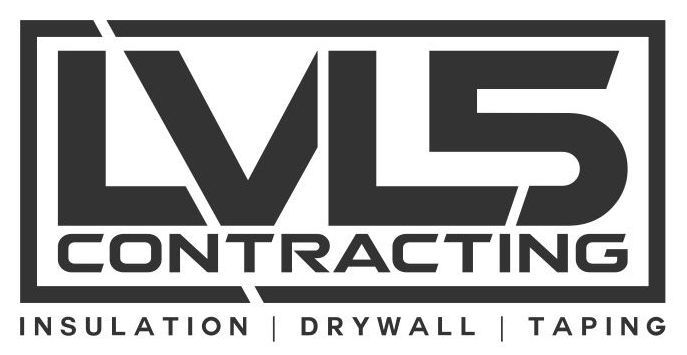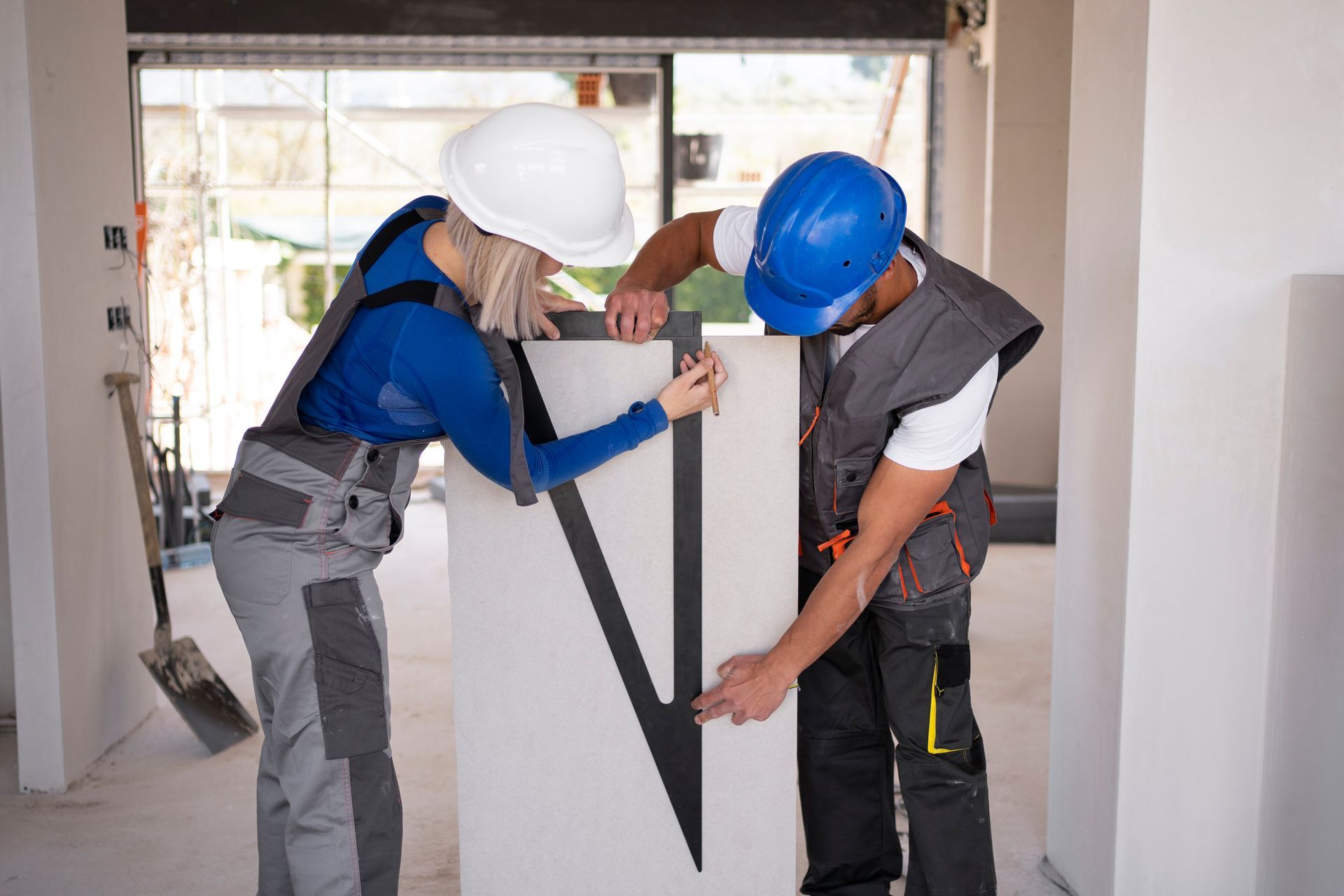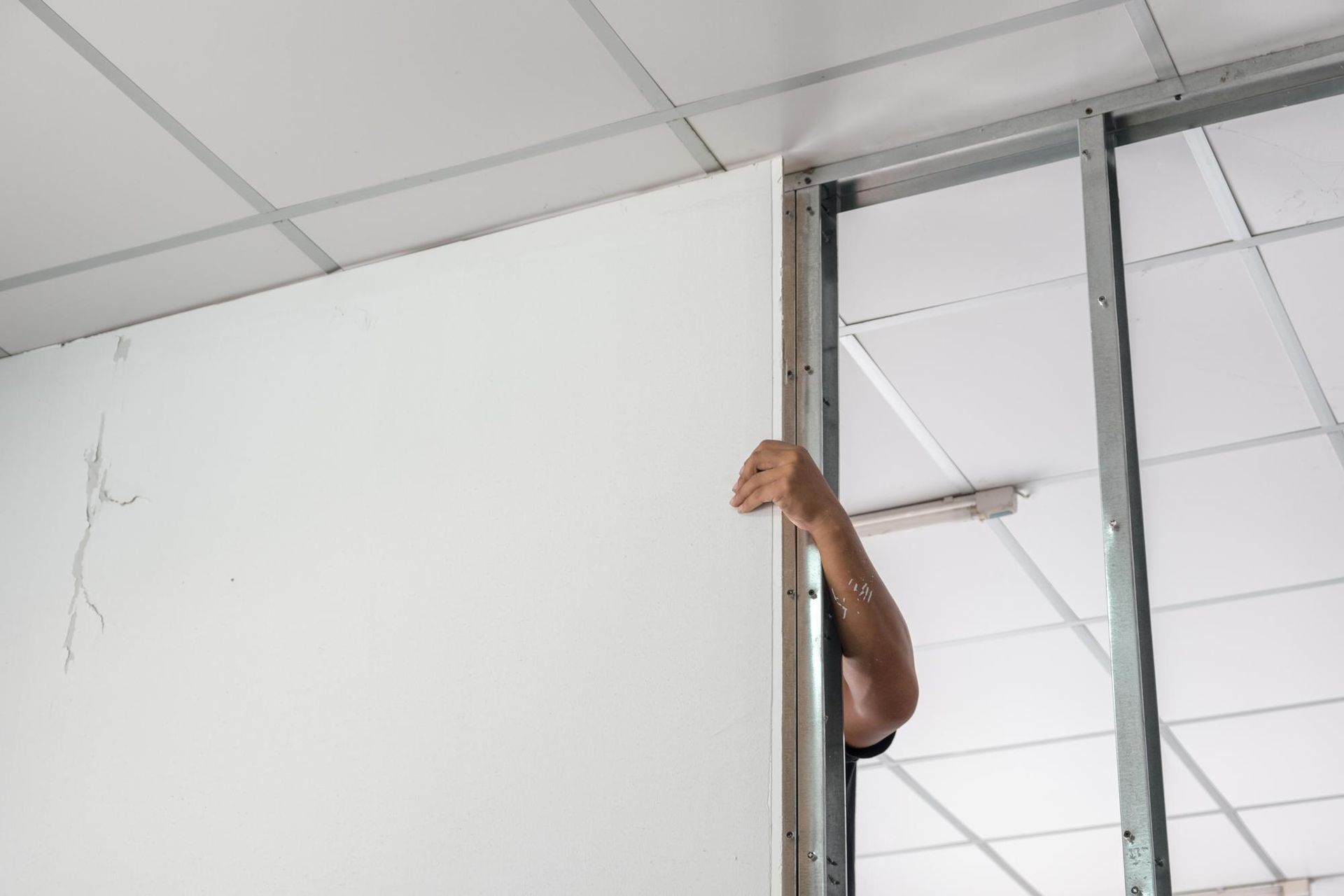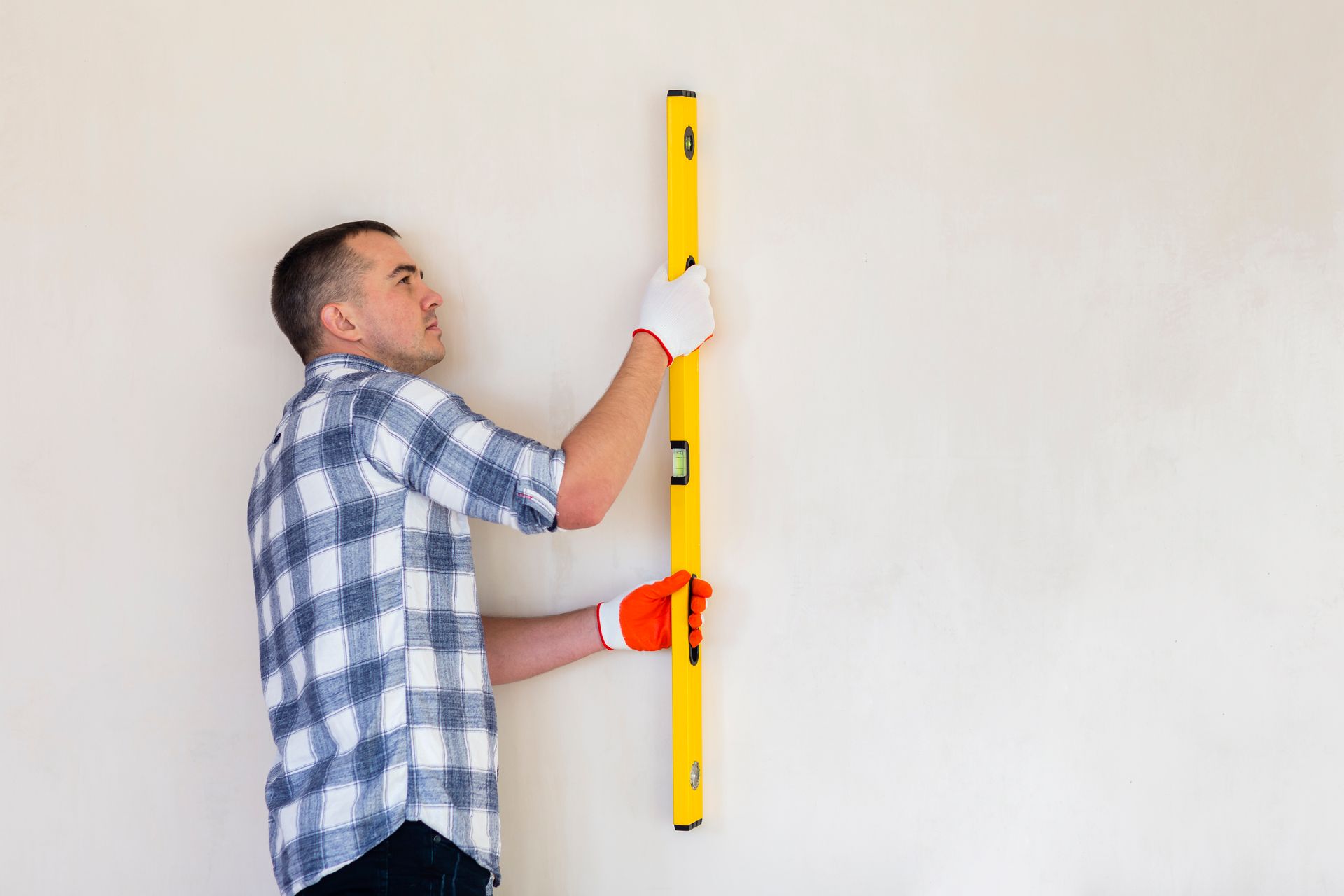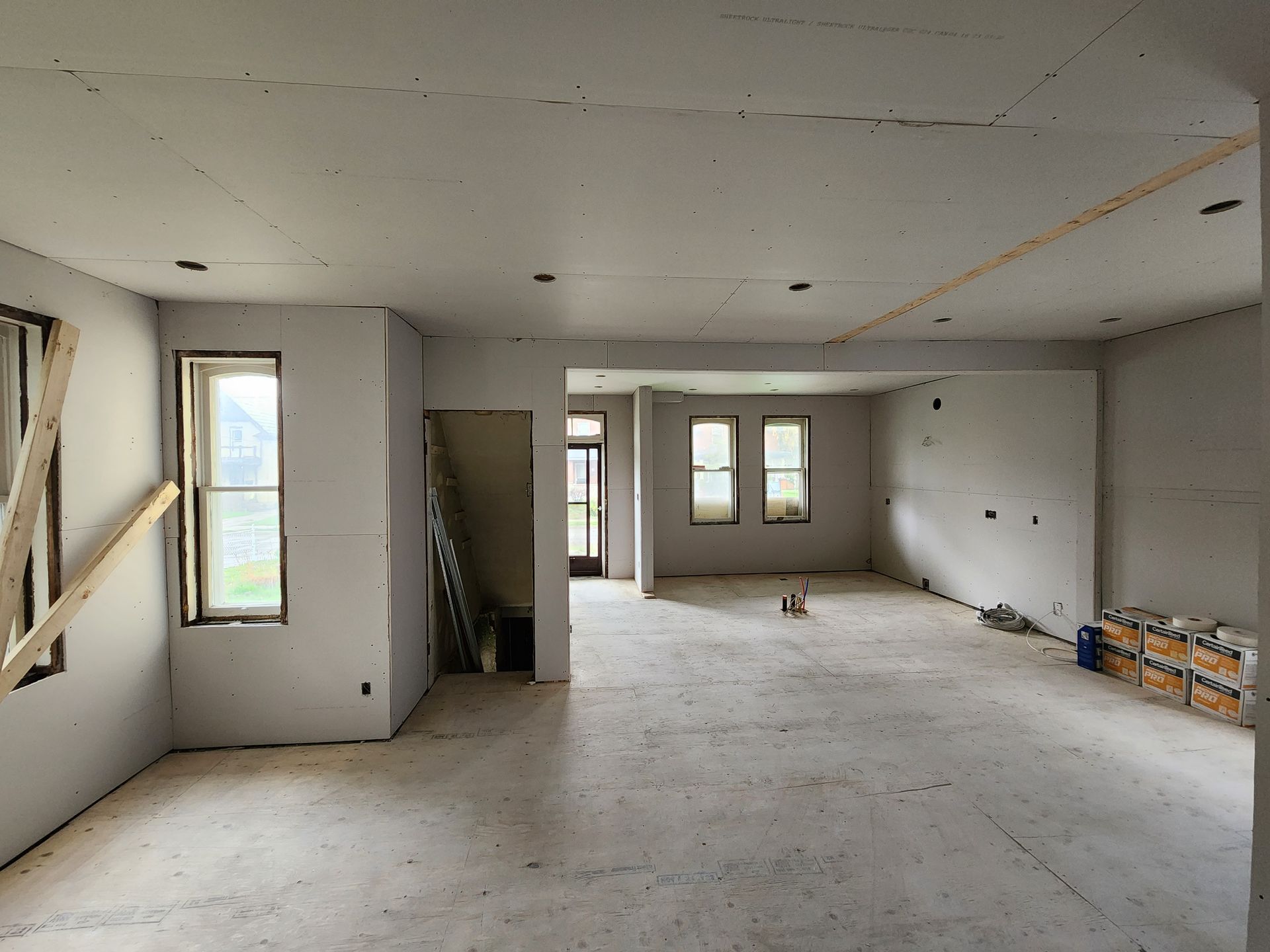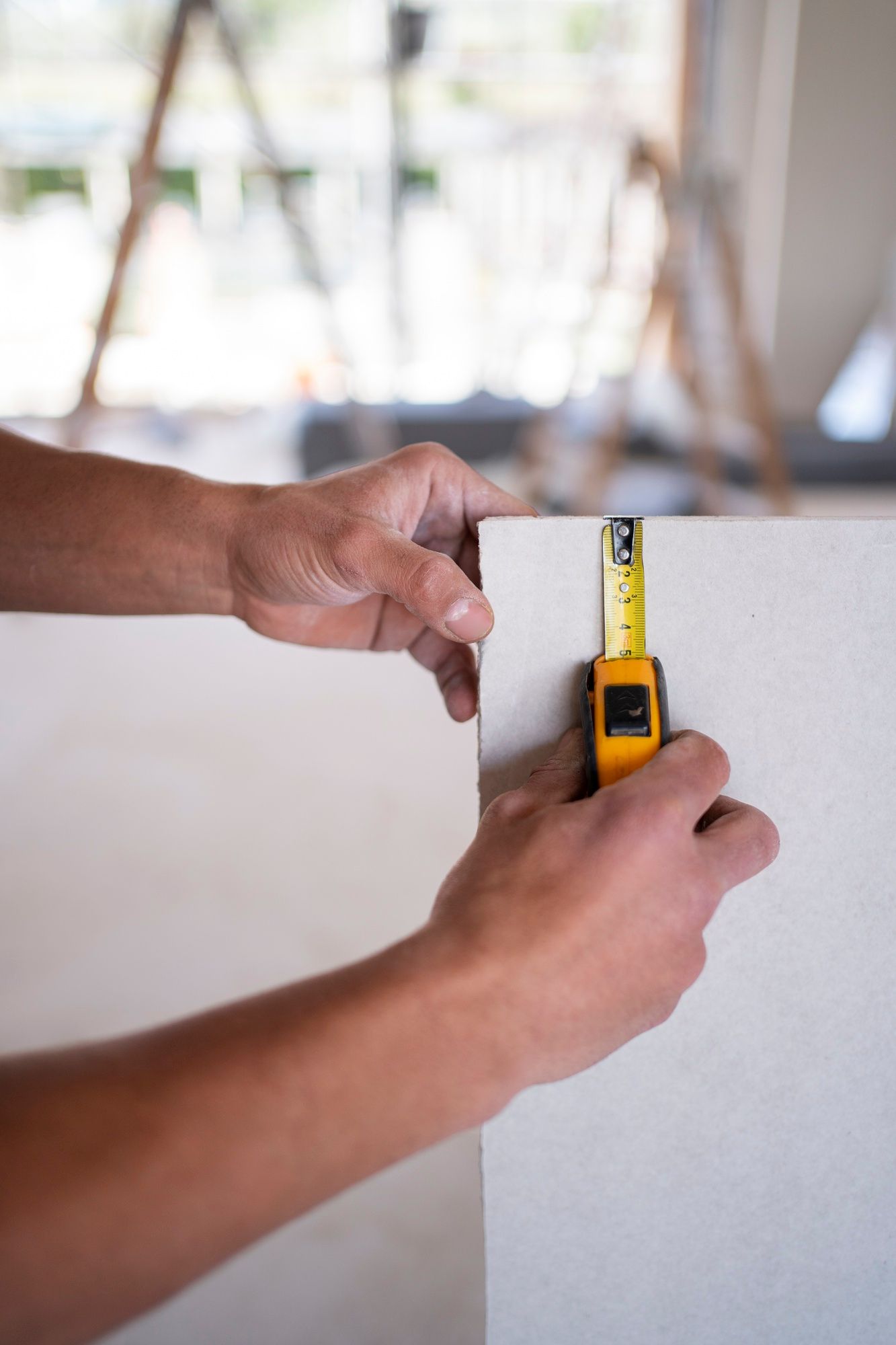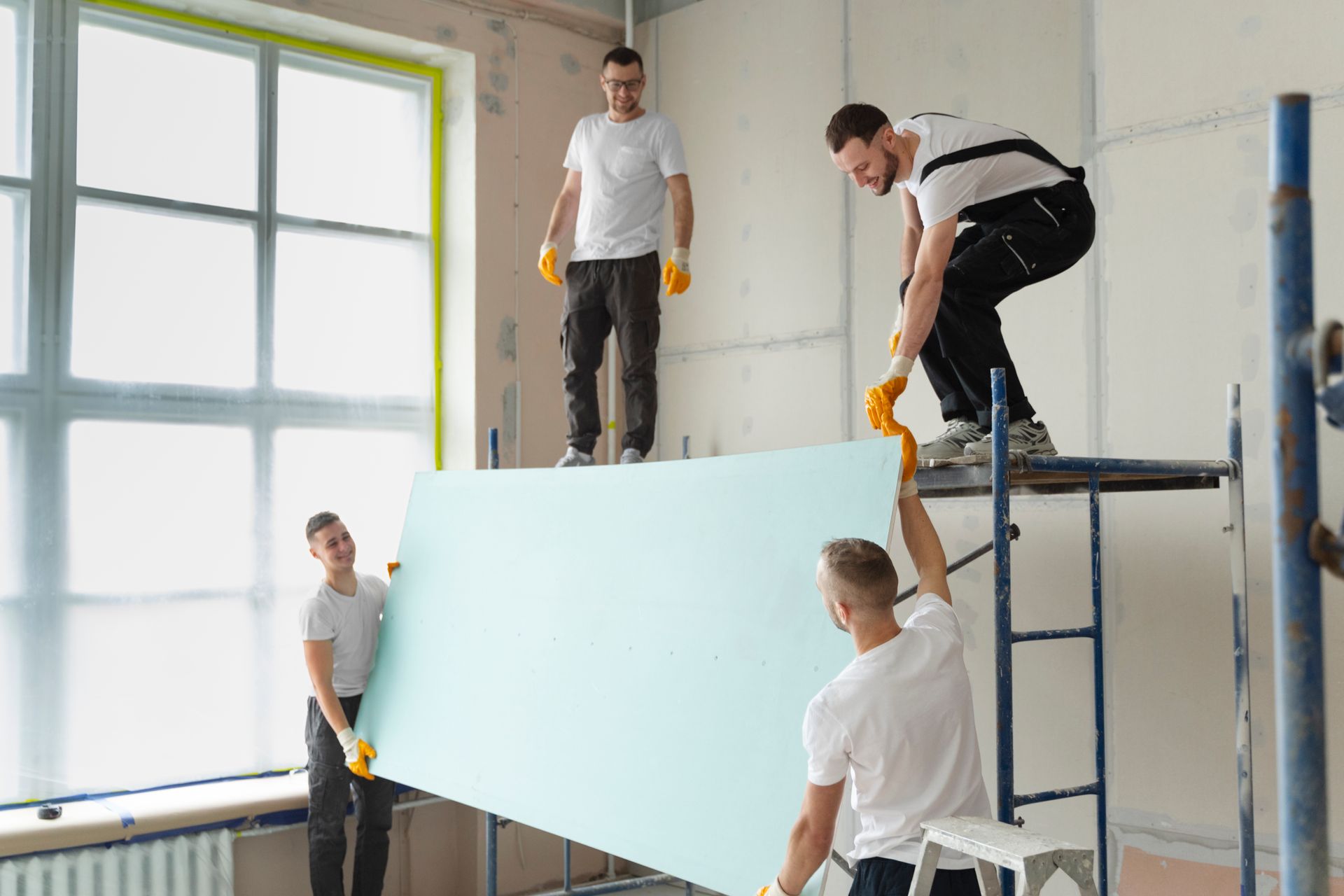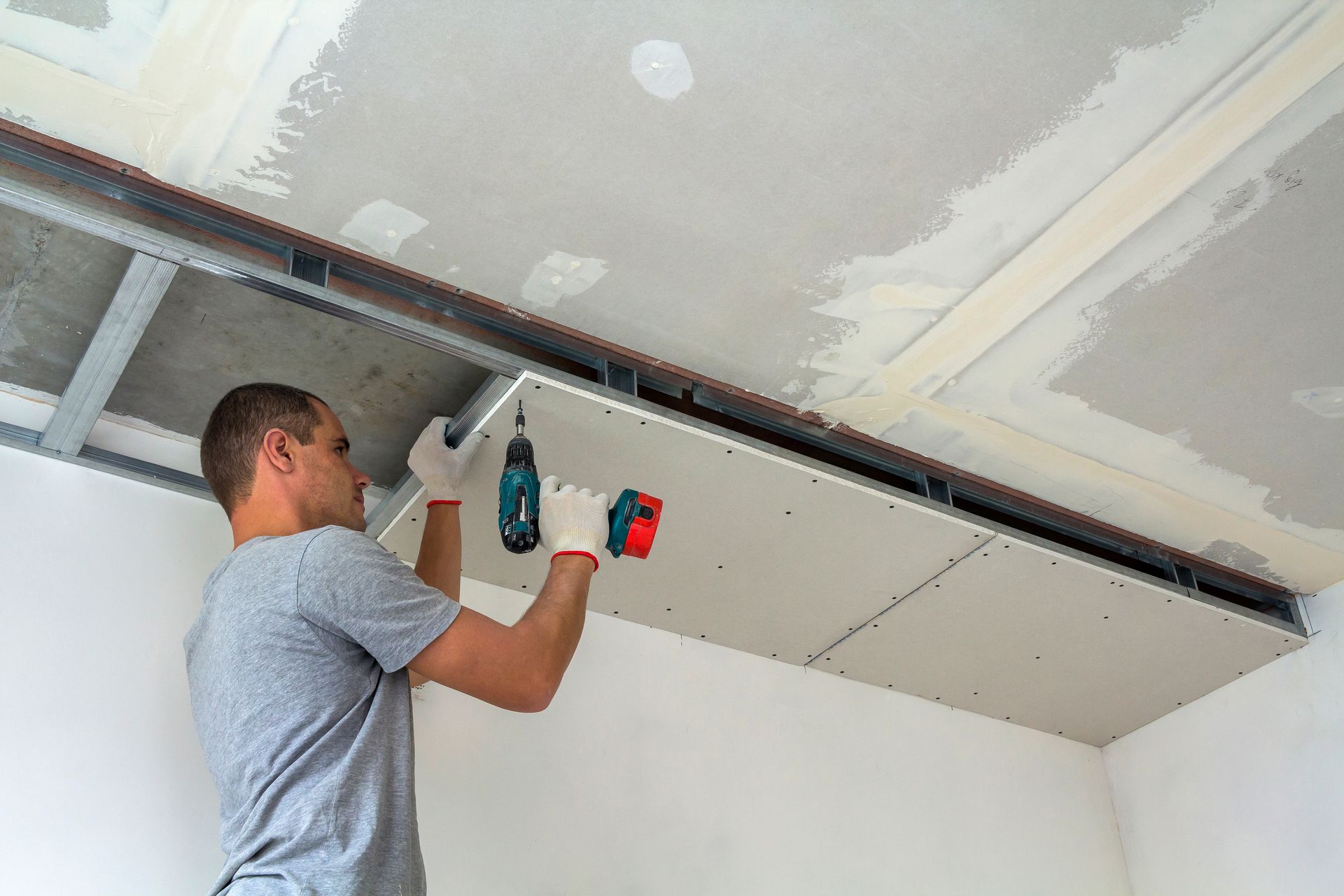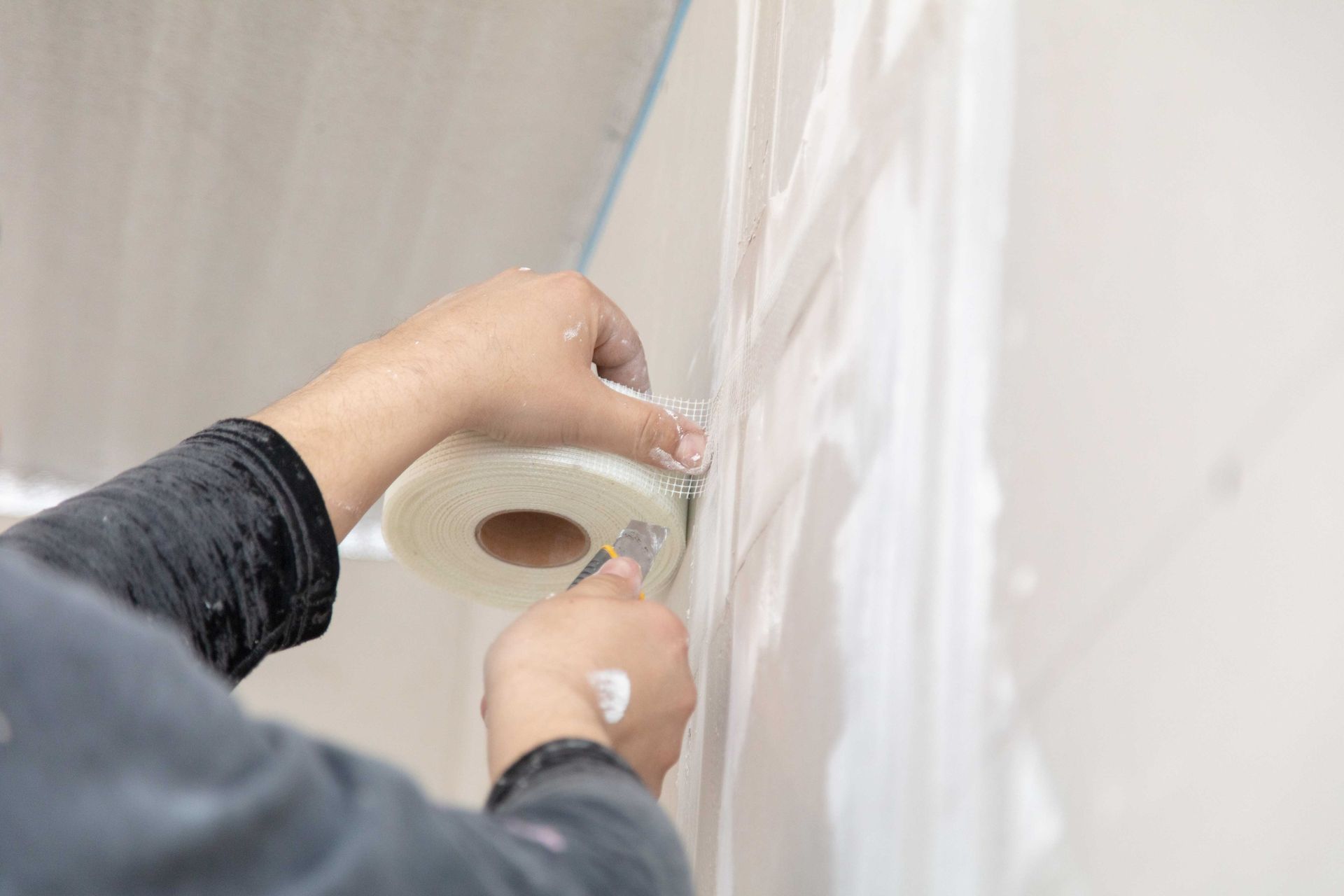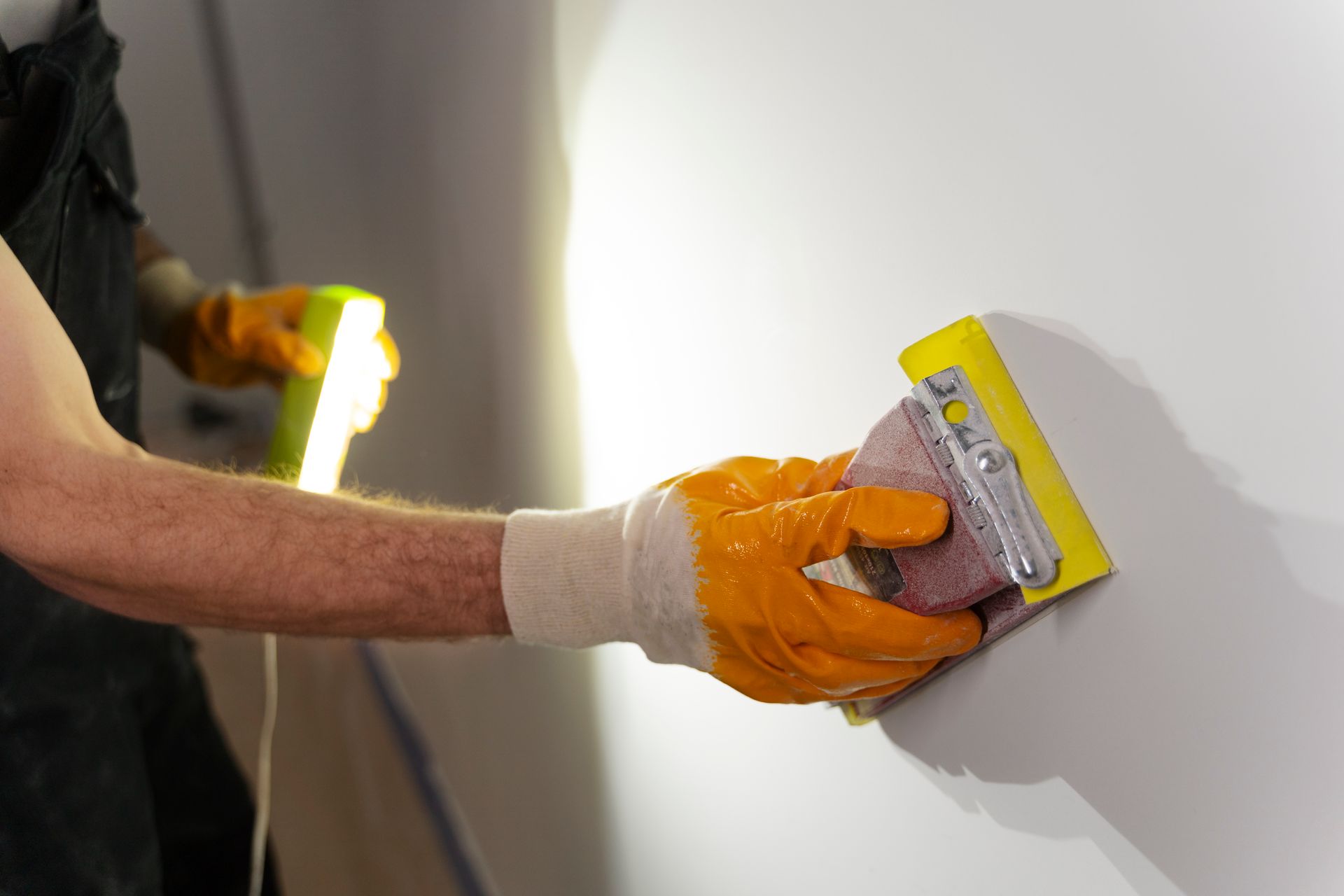What You Need to Know: Answering Top FAQs about Drywall Taping
At Lvl 5 Contracting, we are committed to delivering top-notch craftsmanship and unparalleled customer service. Drywall taping is an integral part of our service offerings, yet many clients still have questions surrounding this essential process. We've compiled the most frequently asked questions about drywall taping to give you detailed insights into its importance and how we surpass your expectations.
1) What is Drywall Taping?
Drywall taping is a critical process that comes after the installation of drywall. This procedure involves applying a special tape and compound, colloquially known as ‘mud,’ on the joints between the drywall panels. The tape and mud blend seamlessly with the wall, enhancing structural integrity and providing a smooth, clean surface ready for painting or wallpapering.
2) Why is Drywall Taping Important?
Drywall taping serves a dual purpose. First, it creates a smooth, continuous surface that makes your wall aesthetically pleasing. It eliminates visible seams and joints, creating an uninterrupted backdrop for any paint or wallpaper application.
Second, drywall taping fortifies the walls against the penetration of smoke, fumes, and sound, enhancing your indoor environment's comfort and safety. Moreover, it reinforces drywall joints, preventing potential cracking from weather changes or structural shifts.
3) Can I Do Drywall Taping Myself?
While there are DIY enthusiasts who undertake drywall taping, this process requires a level of expertise and precision best left to professionals like Lvl 5 Contracting. Improper taping can lead to visible seams, bubbles, or cracks over time, and handling the materials without proper knowledge or technique may result in subpar outcomes.
Opting for professional drywall taping ensures the job is done right the first time, saving your time, energy, and additional costs in rectifications down the line.
4) How Long Does the Drywall Taping Process Take?
The duration of the drywall taping process varies largely depending on the size of your space and the number of joints to tape and mud. At Lvl 5 Contracting, we strive to offer prompt and efficient service without compromising on quality and precision.
5) Is It Normal for Drywall Tape to Crack Over Time?
While drywall tape is designed to prevent cracking, environmental changes or structural movements can sometimes cause it to crack. If you notice any cracks, don't worry. Our team at Lvl 5 Contracting specializes in drywall taping repairs and can promptly address such concerns to maintain your wall's integrity and appearance.
6) Can I Paint Directly After the Drywall Taping Is Done?
No. After the taping process, the joint compound or 'mud' needs time to dry completely before any paint is applied. Failure to do so can result in bubbles or cracks in the paint surface.
7) Does Drywall Taping Produce a Lot of Dust and Mess?
Drywall taping does produce some dust, particularly during sanding. However, at Lvl 5 Contracting, we use dustless sanding systems and follow meticulous clean-up procedures to minimize disruption and maintain a clean working environment.
Summing Up
Understanding the intricacies of drywall taping is crucial to appreciate the value it brings to your construction or remodeling project. At Lvl 5 Contracting, we prioritize delivering precision, excellence, and customer satisfaction, thereby ensuring that your drywall taping needs are met professionally and efficiently.
Our mission is to provide superior-quality craftsmanship and services that exceed your expectations. Should you have more questions or require our drywall taping services, please feel free to contact us today. Let us transform your space with our precision and excellence in drywall taping.
Don't compromise on quality and professionalism for your drywall taping needs. Contact us at Lvl 5 Contracting today and experience superior service delivery that sets the benchmark in the industry.
